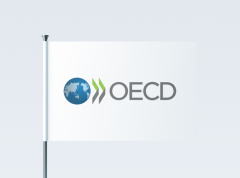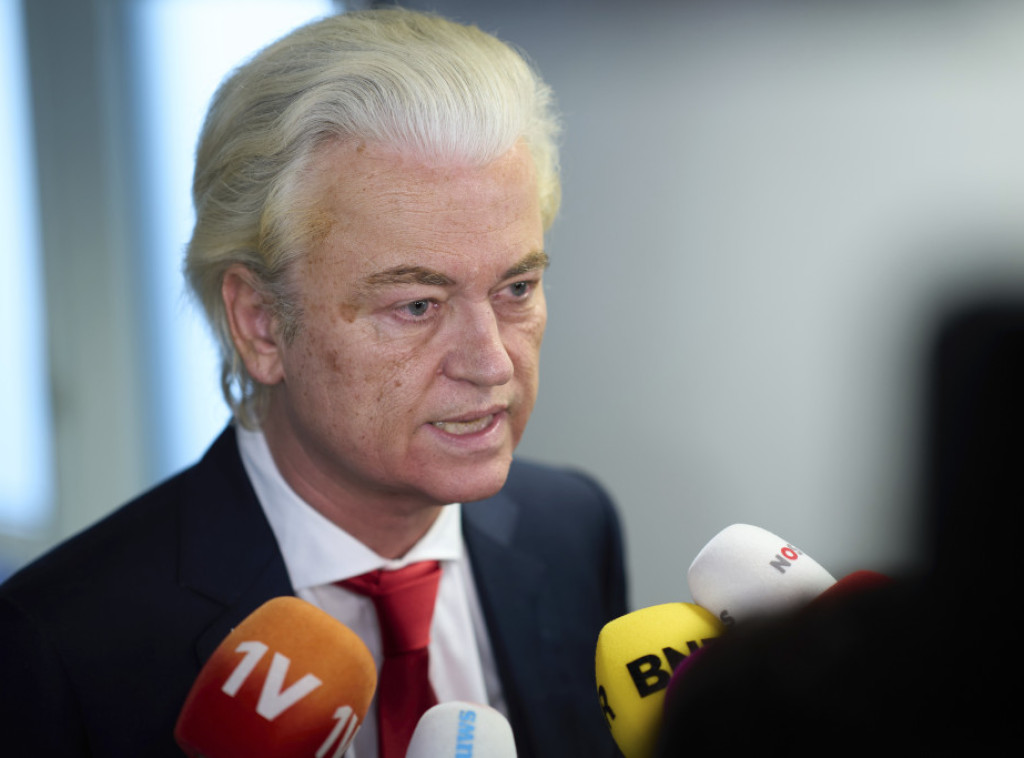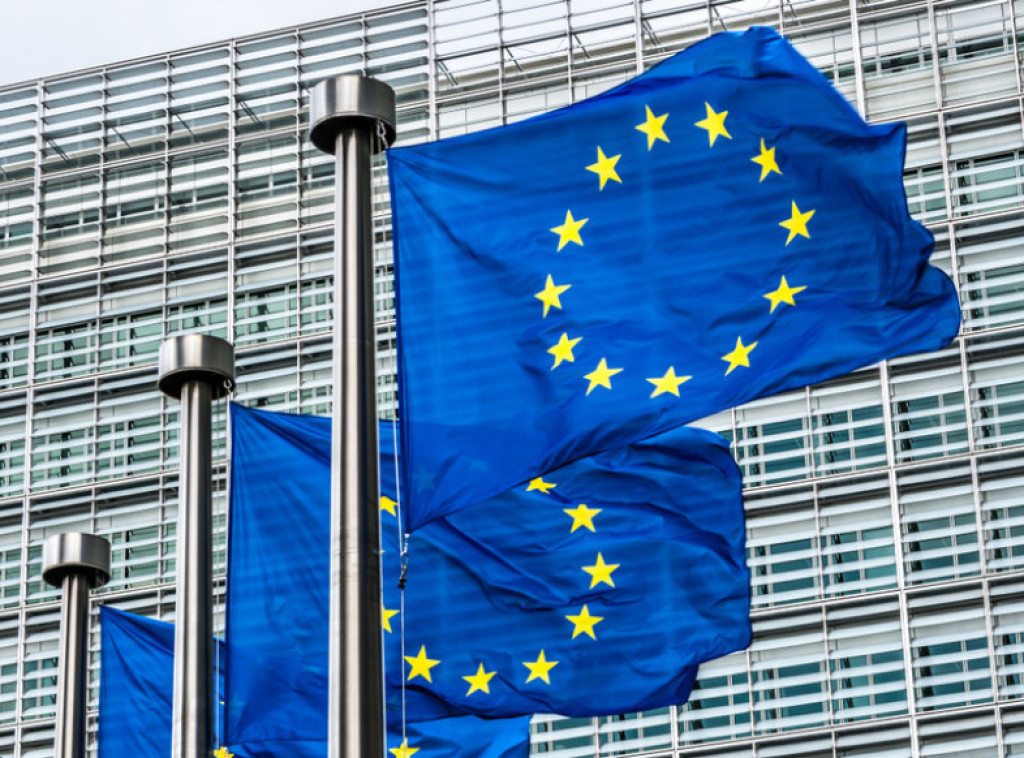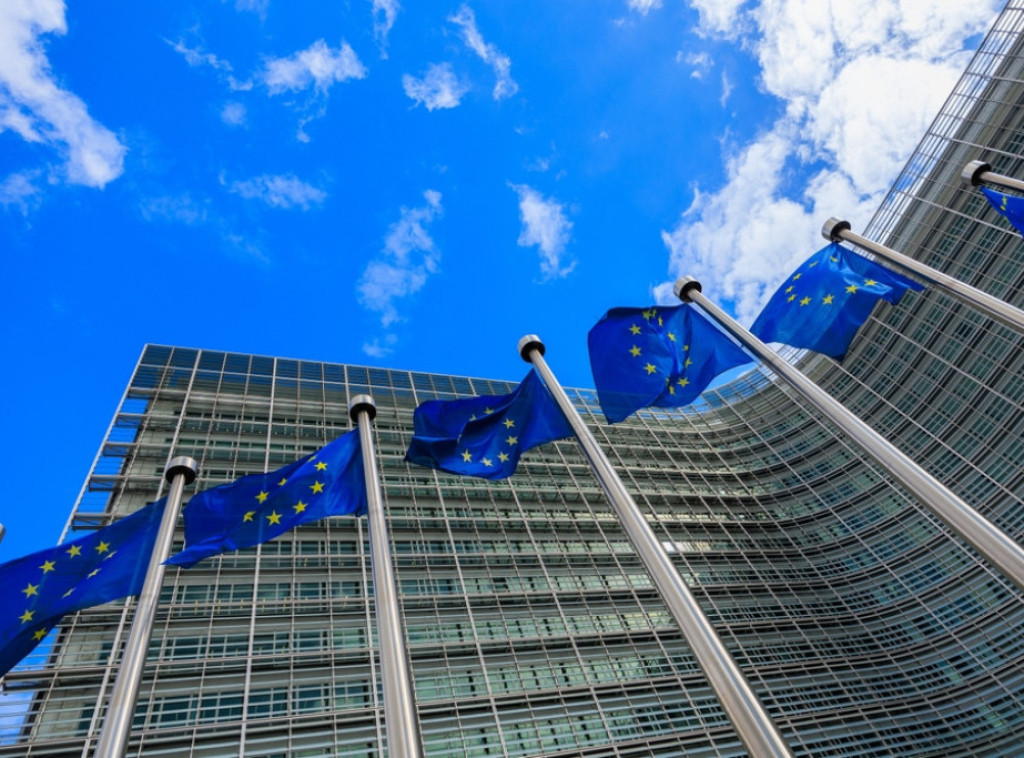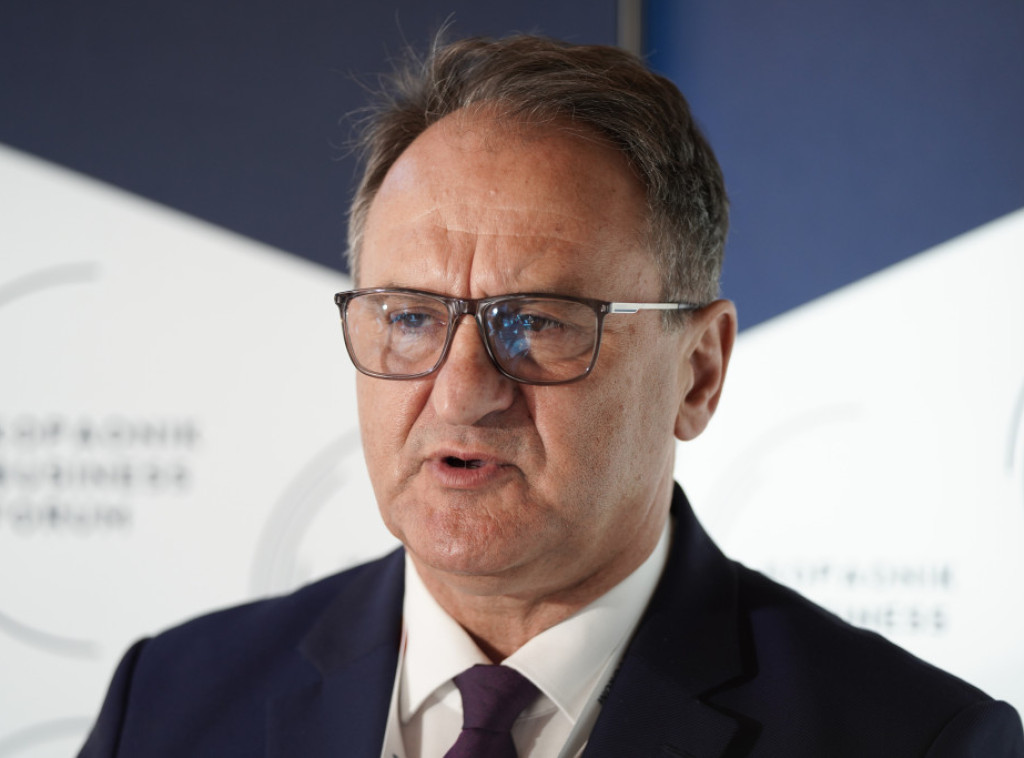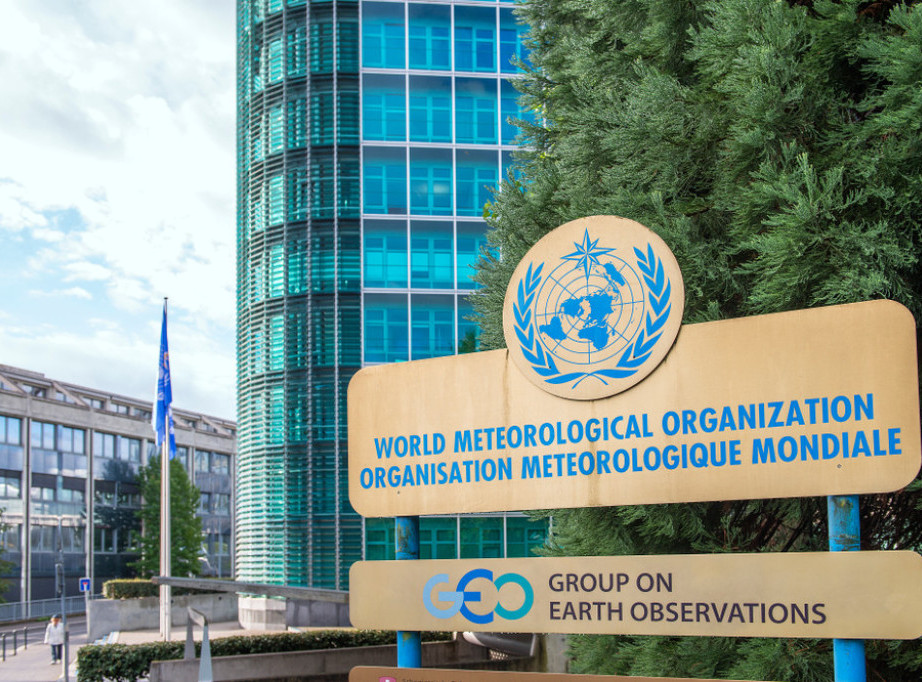The Organisation for Economic Co-operation and Development (OECD) has lowered its global economic growth forecast for 2025 from 3.1% to 2.9%. The revision is due to increasing global uncertainty, changes in US trade policy under President Donald Trump, rising trade barriers, tighter financial conditions, weakened business and consumer confidence, and heightened political uncertainty. The OECD warns that these factors pose significant risks to growth and could substantially reduce economic prospects. Additionally, rising trade costs, especially due to new tariffs, may spur inflation, although this could be partially offset by lower commodity prices.
Political Perspectives:
Left: Left-leaning outlets emphasize the risks posed by rising trade barriers and political uncertainty, highlighting the negative impact of protectionist policies and the need for international cooperation to stabilize the global economy. They often critique the US administration’s trade policies as harmful to global growth and stress the importance of addressing inequality and sustainable development in economic recovery.
Center: Center-leaning sources report the OECD’s forecast revision factually, focusing on the economic data and the main reasons for the downgrade such as trade tensions and financial conditions. They present a balanced view, acknowledging risks but also noting potential mitigating factors like lower commodity prices. The tone is neutral, aiming to inform without strong political bias.
Right: Right-leaning media may focus on the challenges posed by increased regulation and government intervention, arguing that protectionist trade policies and political uncertainty hinder economic growth. They might emphasize the need for market-driven solutions and criticize excessive government spending or interference. Some may also highlight the resilience of the economy despite the lowered forecast.





